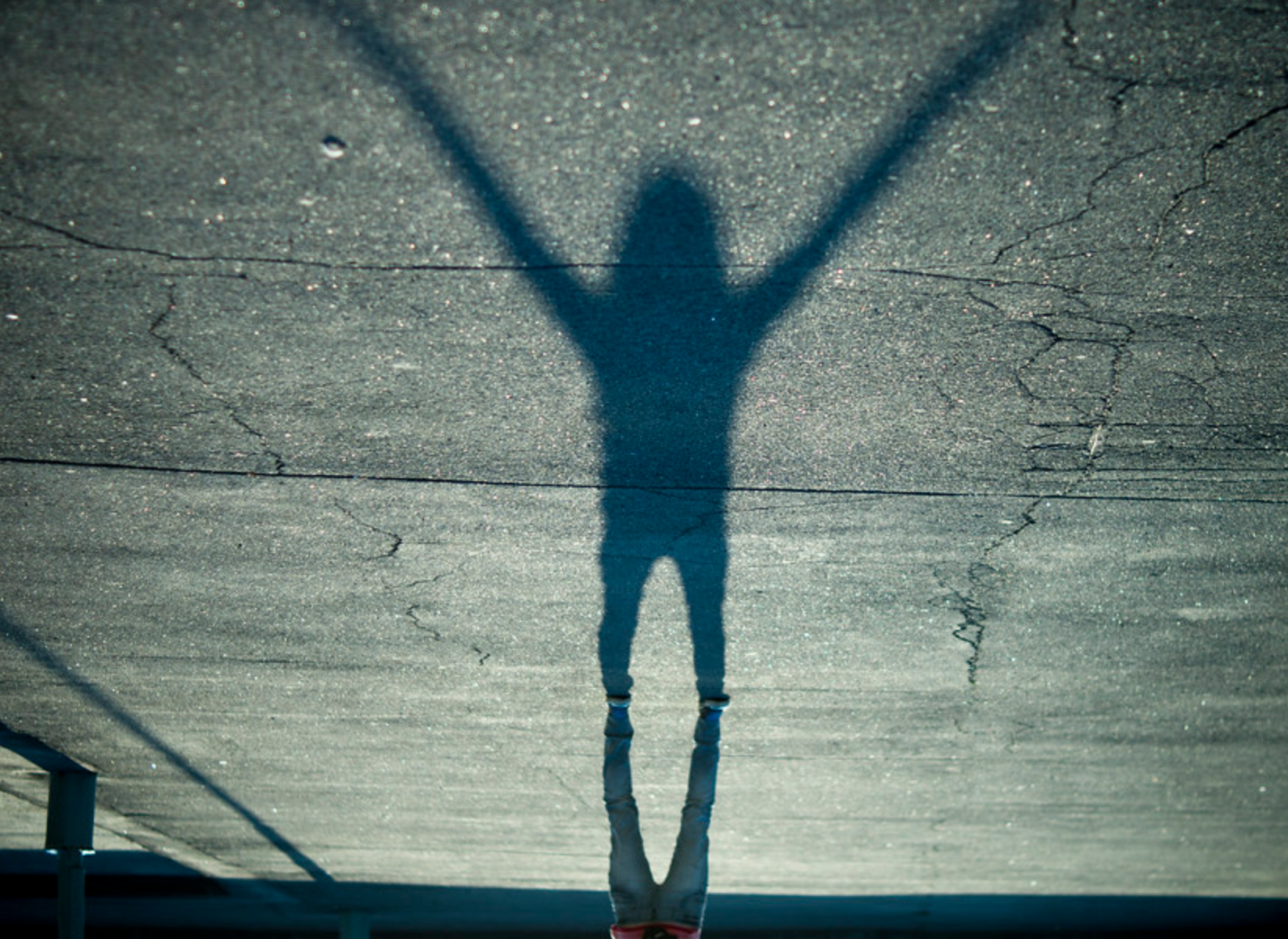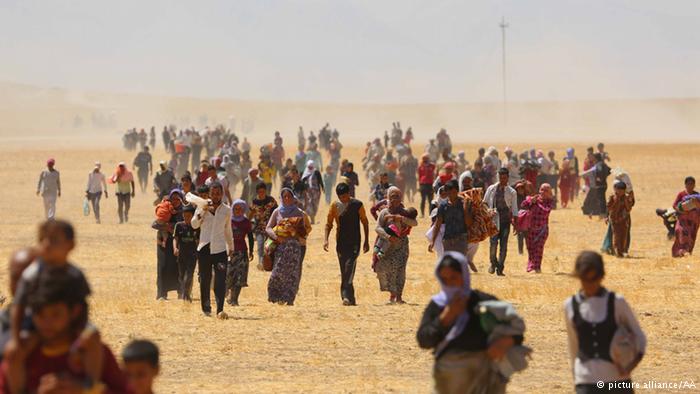By Franziska Fischer, Phd candidate at the Department of Political Science, the University of Victoria
We have come full circle, from the boy on the beach (Alan Kurdi, drowning on September 2nd, 2015, trying to cross the 4 km between Turkish and European soil by boat), to Óscar Ramírez and his daughter Valeria drowning in the Rio Grande, trying to swim towards a safer future. After September 2nd, when the world looked down on the small body of Alan Kurdi being washed up on a Greek beach, we have pledged to do better. Four years later the pledge we made has nothing to show for it.
Between Alan Kurdi and Óscar and Valeria Ramírez, thousands have died, and millions are caught in limbo between their dangerous past in war-torn regions and their hopeful future in ‘safe’ and ‘stable’ countries such as the US or Europe. People, humans, parents and their children are fleeing unsafe conditions in South America, Africa, and the Middle East. They are “fleeing a hell the US helped create”, as the Guardian put it, drawing on the violence and inequalities that US political and economic actors helped to create, perpetuated and reproduced through ongoing actions. I do not write this text to point fingers, even though one might rightfully do so. I do not write this text to get caught in the intricacies of why we are, where we are. I do not write this text to find blame. I write this text to find hope, to find my sanity and to find the belief in humankind. Because what I see, read and hear tears me apart. I have shared some of the articles underneath this text, there are thousands more.
Two ‘cornerstone events’ of Alan Kurdi and Óscar and Valeria Ramírez, framing a humanitarian crisis that has the world in its tight grip, illuminating just how drastic we have successfully split our world into two. Safe and unsafe, developed and undeveloped, successful and failed, stable and conflict. However, this dichotomous perception of our messy world is beginning to crumble, the lines between safe and unsafe are blurring. Can we with a straight face say, detention camps on the Mexican/US border are safe? Is crossing the Mediterranean Sea safe? Is it safe to rightfully claim asylum in a welfare state, with a stable democracy? What does safe mean? Having a place to sleep, being able to keep yourself and your children clean, being able to eat? Then No, the US is not safe, Europe is not safe, because none of these things are guaranteed when a human in need enters these territories. Organizations, Non-profits, and individual people try to make up for the failure of the governments, of the state officials, which are caught in the bickering of who will take on the ‘burden’ to provide the most basic needs.
I am not claiming to be able to relate but I can only imagine the devastation, fear and absolute horror, as well as the hope for a better future, that will convince a parent to give themselves and their children to the goodwill of human smugglers, to trust a little rubber dingy, or swim across a vicious river, all in hope for better conditions on the other side. But for those who actually make it to ‘safety’ and don’t become tragic figures of our contemporary world order, the journey through hell has only just begun.
I will direct my focus here towards the detention camps at the Mexico/US border, but by no means do I want to belittle the horrors, the terrible conditions and lack of resources in other places of this world. For me, the recent reports from detentions camps in Clint, Texas or El Paso amongst many more, feel personal, they hit home.
I read about people being held in tiny rooms or big storage facilities without windows; for days and for weeks. I witness the governments denying it is happening. I see families ripped apart for the benefit of bureaucratic processes and separated for months. I hear about children being pulled away from their mothers, and my heart breaks. The stories are endless, and I will share several of them under this text, as many others have done a much between job than me to illustrate the tragedies. This is when I get up from my computer and I sneak into the room next to me, just to lay down next to my napping five-month-old daughter, to hear her breathe, to wake her up just to see her happy little toothless smile and her chubby little arms grabbing onto me. Silent tears running down my face, half heartache for these women who are denied giving their love to their children, to make sure they are healthy and happy, clean and fed; literally the only thing a mother wants to do (I speak from experiences). The other half of my tear’s origins in unbelievable gratefulness and humbleness to be able to be with my daughter, to watch her grow, to know her safe and fed. This unbelievable privilege revealed by the horrors of stories of other mothers just one country to the south happening right now. As a German citizen, the resemblance to concentration camps in Germany in the Third Reich is uncanny. People keep asking how Germany could allow this to happen? We are allowing it to happen right now. And it needs to STOP!
I sit in my little office, reading books about Political Theory, Development, Economy, all part of my PhD program at the University of Victoria. And all I can think of is, what is it for? All this knowledge, all this wisdom, wrapped in books sitting neatly on my shelf. This is when I want to get up, grab my daughter and hop in the car to drive down to Texas. To drive a hole in the wall of the detention camps? To protest in front of their gates? To throw diapers above the fence? All of the above? The fear of bringing my own daughter near a place that allows for such terrifying things to happen and the grip of hopelessness has me paralyzed. What can we do?
Internet research readily provides lists of organizations that are on the ground, trying to help. It feels barely enough to send a few dollars through electronic channels, to somehow make the difference between a child living or dying. It feels detached and provokes an odd sensation of guilt! Is this doing my due diligence? Is it so I can sleep at night without having nightmares? Or is it the most effective and efficient thing that I could be doing at this moment in time in my position, being a 28-year-old German PhD student, living in Canada with my little baby girl. I honestly don’t know. Maybe I will find myself in Texas soon, maybe I won’t. But what I do know is that I want to help make this stop.
Please share with me your thoughts. What can we do? What are we doing? Do you know for any particular organization or individual that is on the ground and needs help? Needs funds? If you have now considered this but were thinking of doing something nice for me for my birthday, do something else instead, as I don’t need anything. Donate to the people on the ground. Vote for an administration that will not allow this to happen. Go down to Texas.
And please, someone more courageous than me, drive a hole into these walls.
https://www.newyorker.com/…/the-lasting-trauma-of-mothers-s…
https://www.refinery29.com/…/help-migrant-children-at-borde…
https://www.newsweek.com/migrant-children-share-heartbreaki…
https://www.theguardian.com/…/central-america-migrants-us-f…



